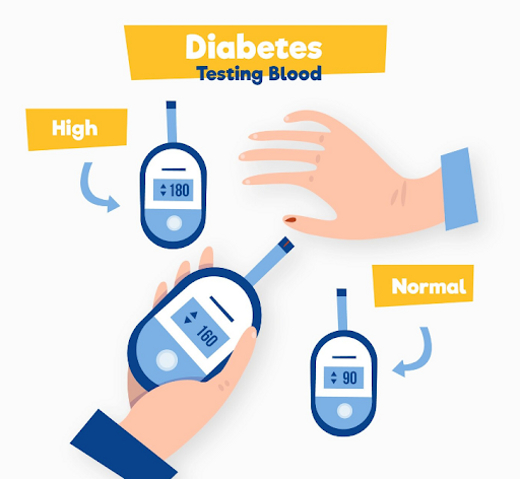- View All Off-Off-Broadway Shows >
- Twins and Tangled Tales: Revisiting The Comedy of Errors at the Globe
Point 5 Collective, in partnership with The Lee Strasberg
Point 5 Collective, in partnership with The Lee Strasberg
SUBMIT UPDATES
Videos
 |
S.I.M.P.S - A New Musical
IRT Theater (1/24 - 2/2) COMEDY LIMITED TICKETS REMAIN NEW COMEDY NEW MUSICAL | |
 |
Void Main
cirqueSaw (1/8 - 1/26) | |
 |
Kati Neiheisel: London by Night
Pangea (2/1 - 2/1)
PHOTOS
| |
 |
Tartuffe
Stag & Lion Theatre (1/30 - 2/8) | |
 |
Piano Panties: A Cheeky Cabaret Show
Sid Gold’s Request Room (7/2 - 6/30) | |

|
My Mother's Funeral: The Show
SoHo Playhouse (1/4 - 1/25) | |

|
Broadway Bound Theatre Festival 2025 Season
AMT Theater (7/22 - 8/17) | |

|
The Employees
NYU Skirball (4/24 - 4/26) | |

|
Platanito show le duela a quien le duela.
Foro Dejavú (1/17 - 2/27) | |

|
The Whisper of the Waves
SoHo Playhouse (1/24 - 2/2) | |
| VIEW SHOWS ADD A SHOW | ||
Recommended For You



